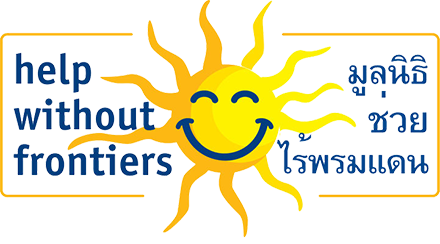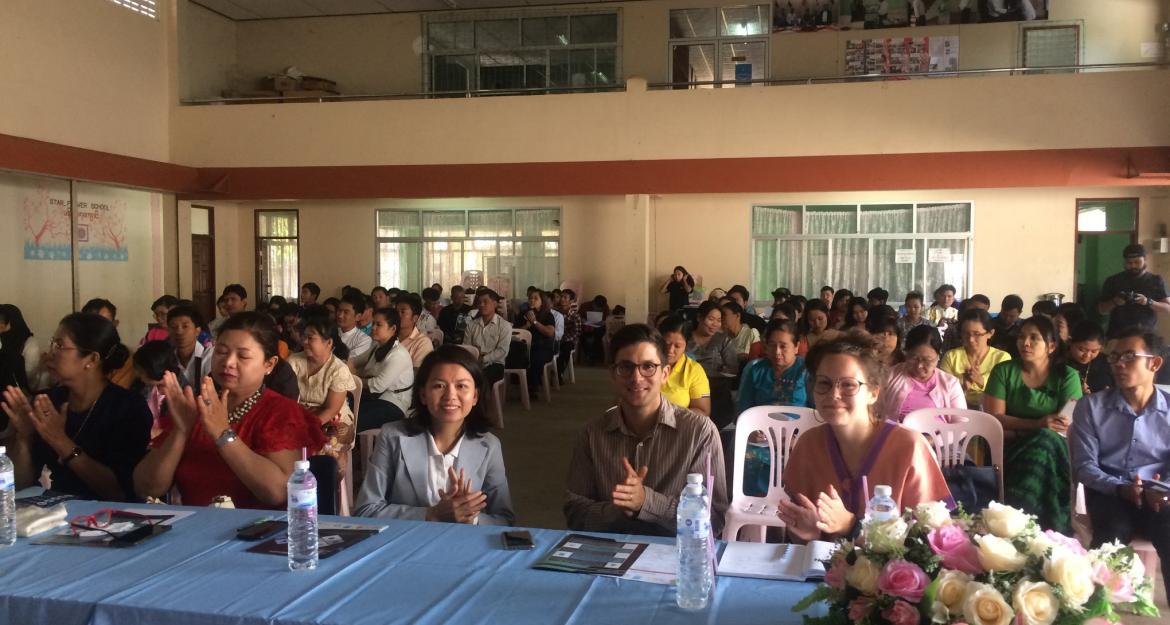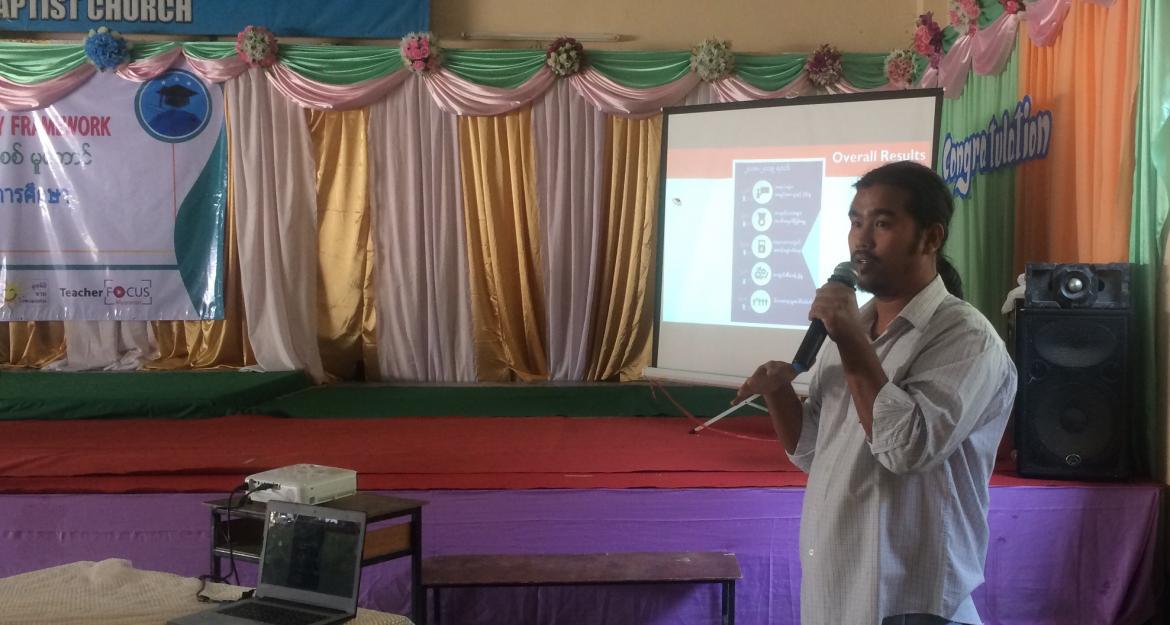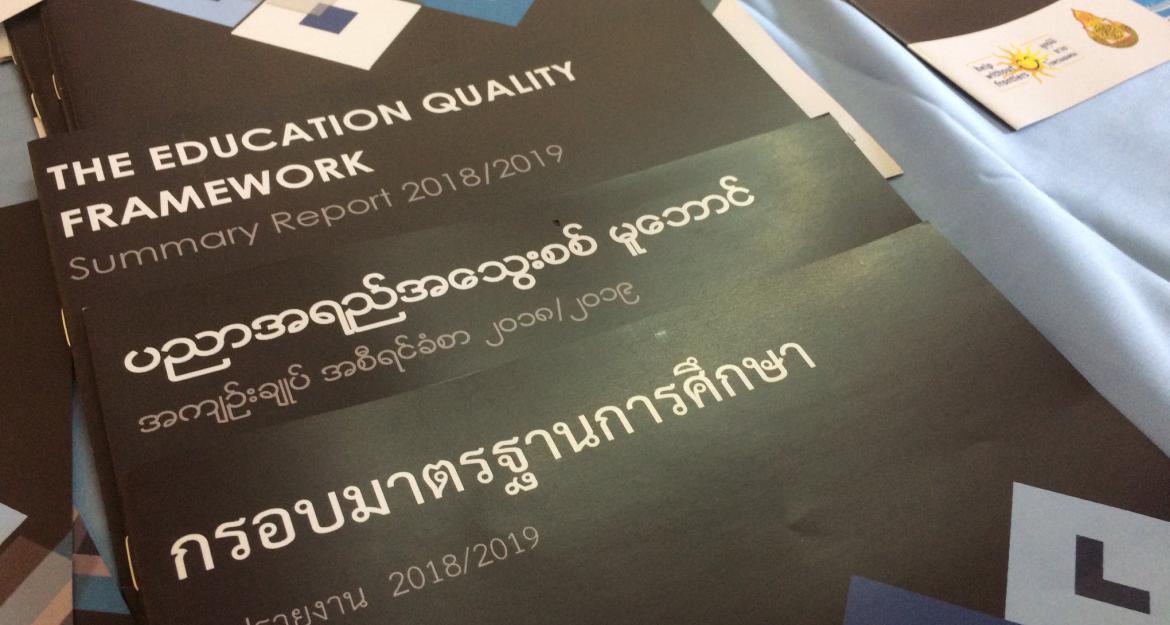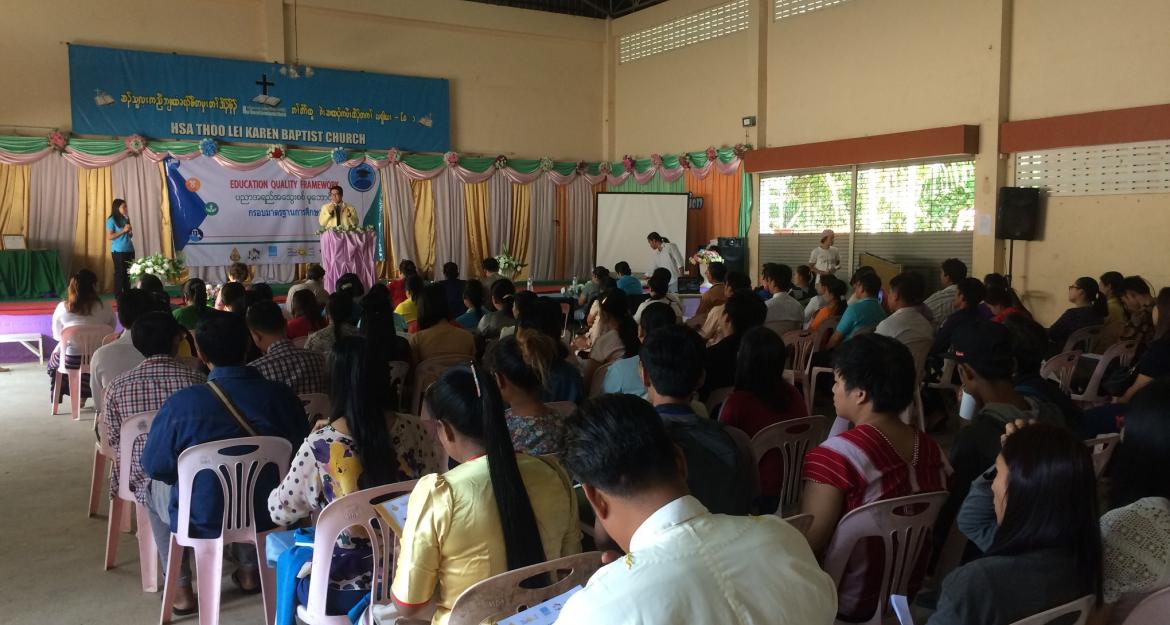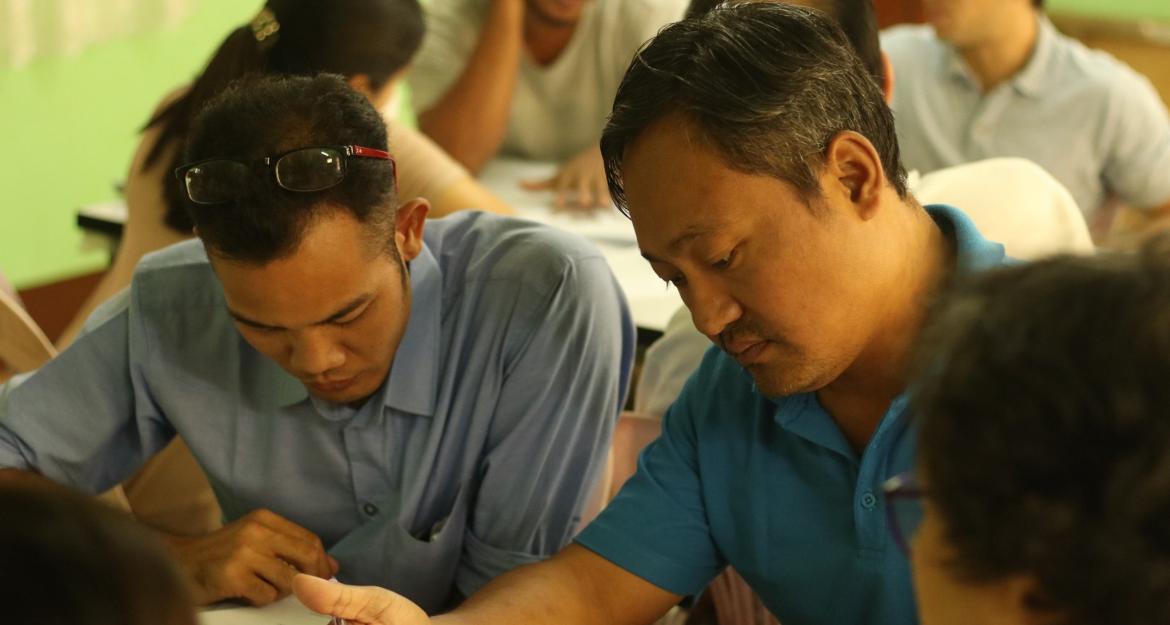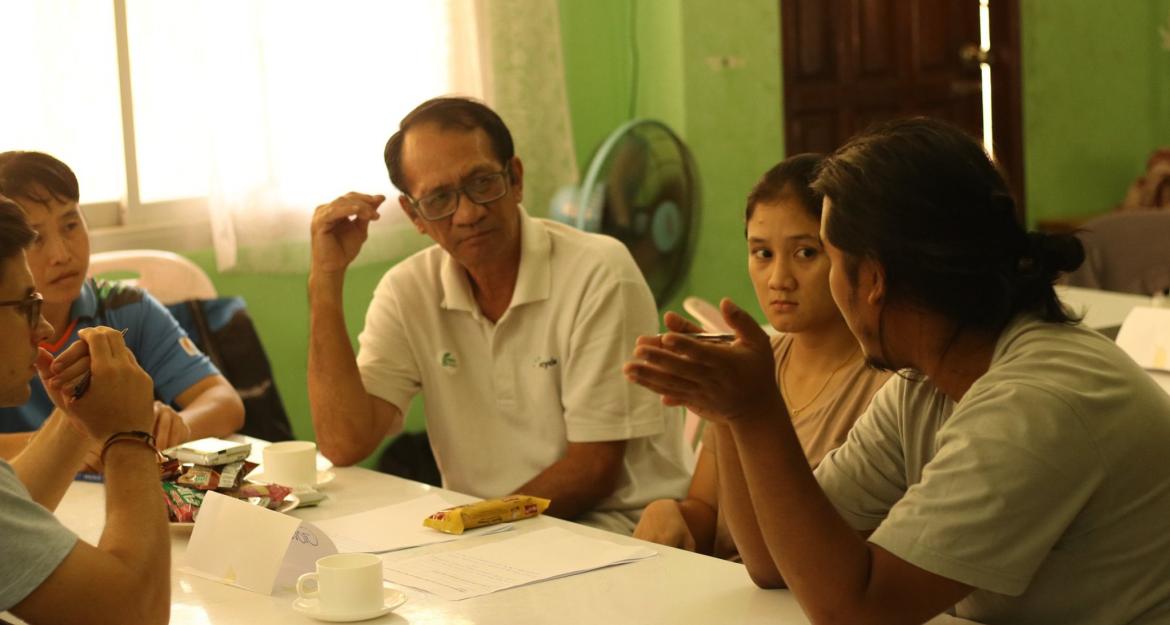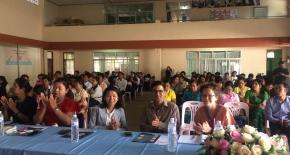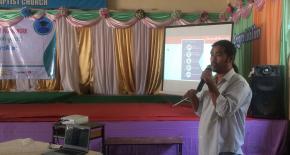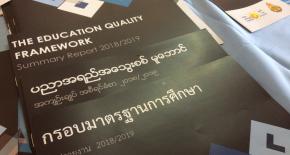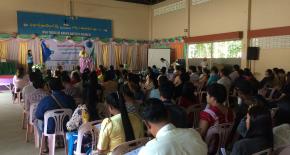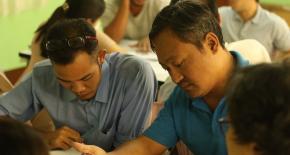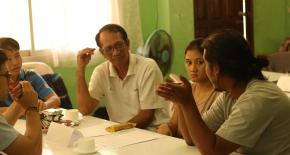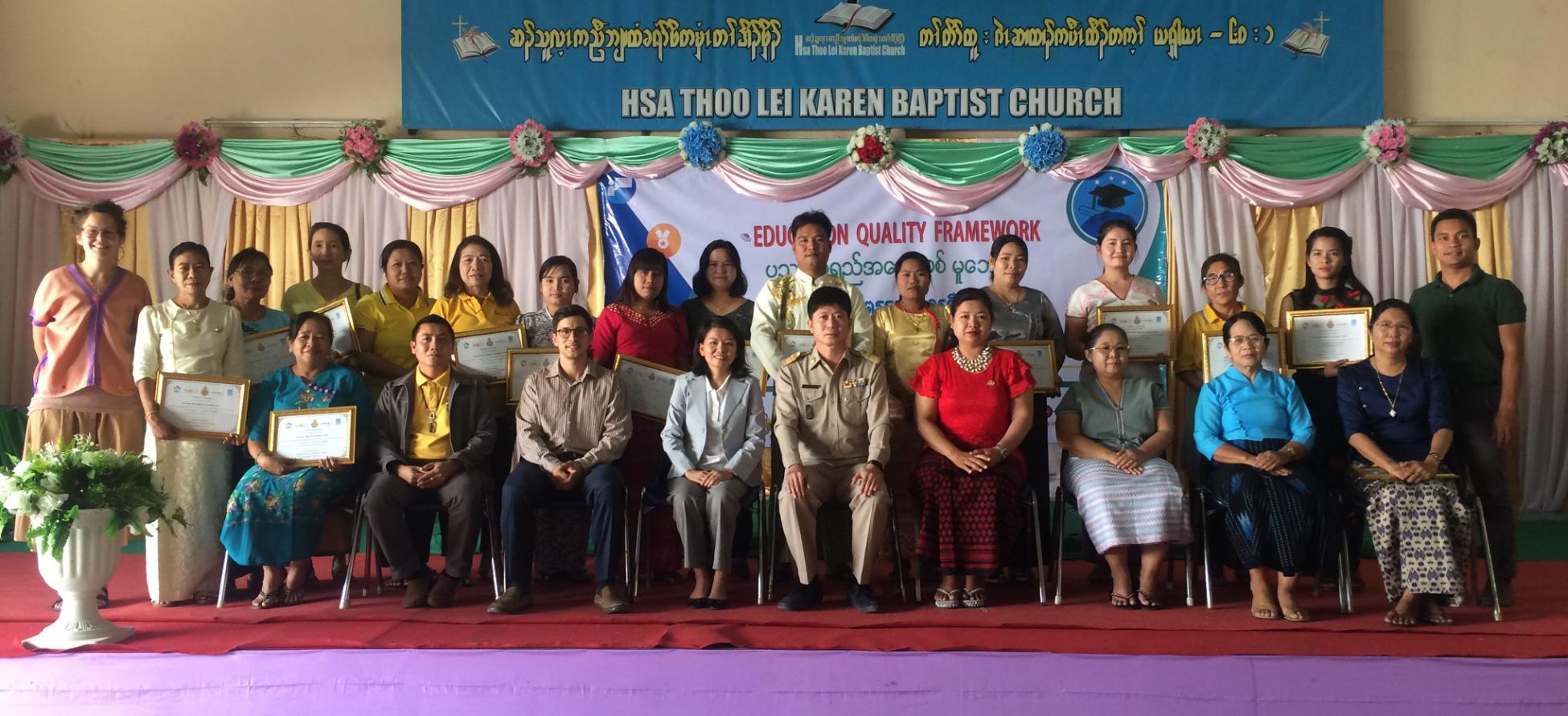
The Education Quality Framework (EQF) was developed to provide consistent standards of educational quality in Migrant Learning Centres (MLCs), through a comprehensive process of consultations and workshops with migrant education stakeholders beginning in November 2015.
Thanks to the sound collaboration between the Migrant Educational Co-ordination Center (MECC), the Burmese Migrant Workers' Education Committee, Help without Frontiers Thailand Foundation, the Burmese Migrant Teachers' Association and TeacherFocus Myanmar, a tool has been developed to assess the quality of migrant education across five domains: teacher quality and support, student recognition, child protection, school management, and parent engagement.
Since the launch of a pilot project in school year 2016-2017, the partners and stakeholders involved in migrant education have been organising regular meetings and trainings to evaluate the tool and yet improve its accuracy and efficiency. The EQF tool is now available in Myanmar language, Thai and English and has been approved by the Royal Thai Government’s Ministry of Education. The EQF was implemented in 38 MLCs in 2017-2018 and in 54 MLCs the following year. In the 2018-2019 academic year there were 61 MLCs and 9 sub-schools listed under the Thai Ministry of Education enrolling 11,766 children and employing 700 (259 male and 441 female) teachers in Tak Province (MECC, 2018). The overall average for all 54 Migrant Learning Centers that participated in the 2018 EQF evaluation was 70%, with a 3% improvement from previous year.
All learning centres under Help without Frontiers are implementing the tool and, in the last school year, almost all of them scored "Excellent" or "Good" across all domains. On 1st April, a ceremony was organised to award learning centres and celebrate their improvements.
A couple of weeks later, the Education team of Help without Frontiers joined a "Migrant Education Research Methods Workshop" organised by TeacherFocus Myanmar. The objective of the workshop was to share information on the various techniques underpinning migrant education research, let participants provide feedback in order to finalise the research survey questionnaires as well as to acquire a solid understanding of research ethics and child protection considerations for research. At the end of the workshop, a comprehensive research workplan was finalized among all participating organizations.
Help without Frontiers believes that the sharing of accurate information on the situation of migrant children along the Thai-Myanmar border is crucial for improving the quality of migrant education and the standards of care. We are grateful and proud of the sound collaboration with all local stakeholders involved in migrant education and look forward to strengthening our work towards a better and brighter future.


